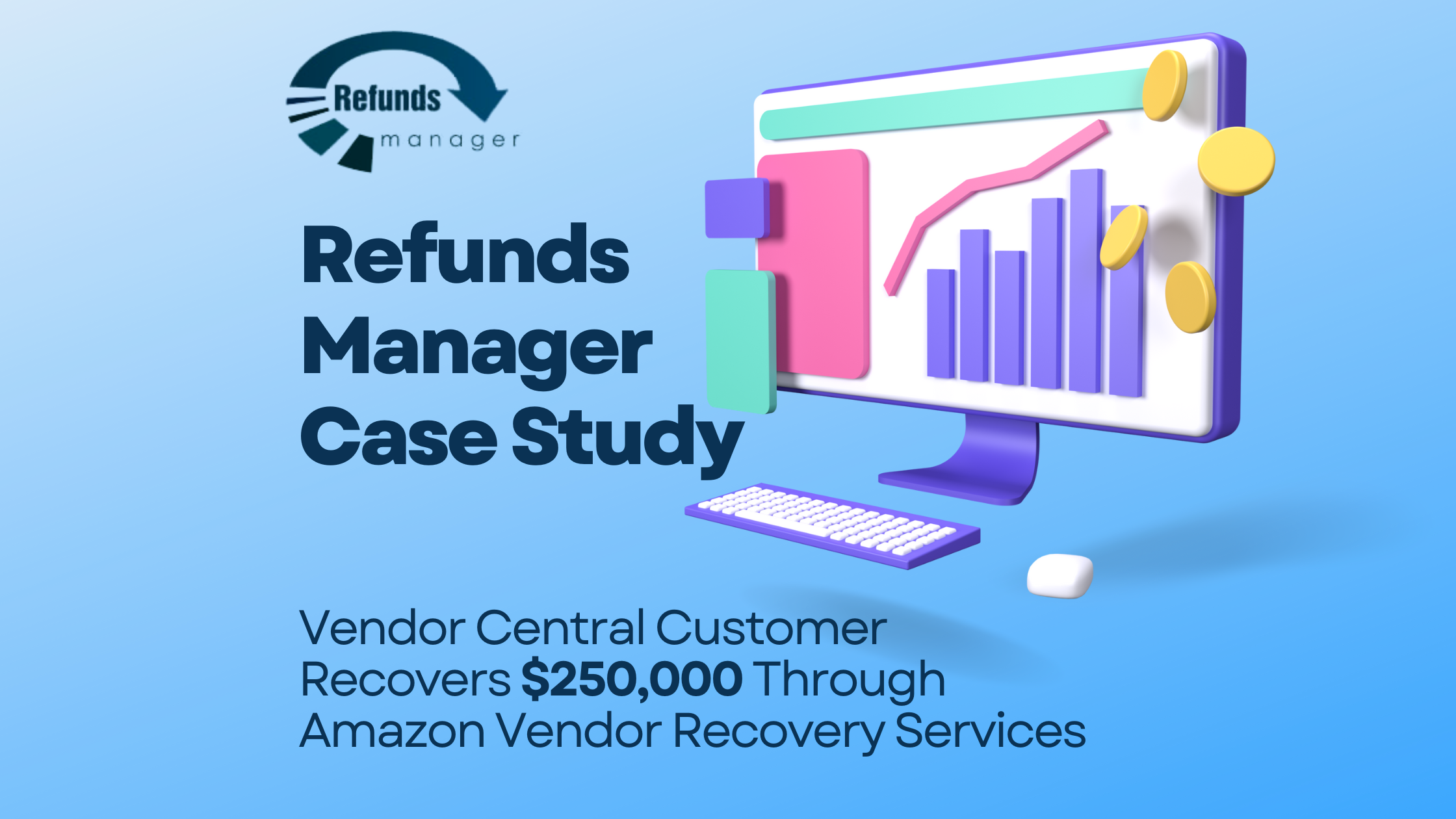As an Amazon seller, staying ahead of regulatory and legal challenges is crucial for maintaining your business’s health and growth. With the ever-evolving landscape of e-commerce, understanding and complying with various regulations can be daunting but essential. Here are the key regulatory and legal challenges Amazon sellers face in 2024 and how to navigate them effectively.
Table of Contents
ToggleAmazon’s Evolving Policies
Amazon frequently updates its policies to enhance customer experience and maintain marketplace integrity. Sellers must stay informed about these changes to avoid account suspensions or penalties. One major area of focus is ensuring that all product listings meet Amazon’s guidelines. This includes providing accurate descriptions, selecting appropriate categories, and complying with prohibited items policies. Additionally, sellers must adhere to Amazon’s rules on customer reviews, which prohibit incentivized reviews and manipulative practices. It’s crucial to use legitimate methods to encourage reviews without violating these rules.
Product Safety and Compliance
Product safety is paramount on Amazon, with strict regulations governing the sale of various items. Sellers must ensure their products comply with safety standards and regulations. For instance, the Consumer Product Safety Commission (CPSC) enforces safety standards for consumer products, requiring sellers to ensure their items, such as toys, electronics, and household goods, meet these standards. Similarly, for sellers dealing with food, supplements, and cosmetics, compliance with the Food and Drug Administration (FDA) regulations is mandatory. This includes proper labeling, ingredient disclosures, and adherence to manufacturing standards.
Intellectual Property Rights
Protecting and respecting intellectual property (IP) is crucial for maintaining a fair marketplace. Amazon’s Brand Registry helps sellers protect their IP, but sellers must also be vigilant about avoiding trademark infringement. This means not using trademarks without permission and ensuring that product listings do not infringe on others’ trademarks. Additionally, sellers should implement measures to prevent the sale of counterfeit goods. Amazon’s Project Zero and Transparency programs can assist in combating counterfeiting and protecting your brand.
Data Privacy and Security
Data privacy regulations are becoming stricter globally, with laws like the General Data Protection Regulation (GDPR) in the EU and the California Consumer Privacy Act (CCPA) in the US. Amazon sellers must ensure they handle customer data responsibly. This involves implementing secure methods for collecting, storing, and processing customer data, such as using encryption and secure servers. Clearly communicating privacy policies to customers and ensuring compliance with relevant data protection laws is also essential.
Taxation and International Trade
Tax regulations can be complex, especially for sellers operating across multiple jurisdictions. Understanding and complying with sales tax obligations in various states and countries is critical. Tools like Amazon’s Marketplace Tax Collection (MTC) can help automate sales tax collection and remittance. Additionally, navigating customs regulations and duties for international trade involves understanding tariff classifications, import/export documentation, and compliance with trade agreements.
Product Liability and Legal Disputes
Product liability is a significant concern, as sellers can be held accountable for damages caused by their products. To protect against potential claims, sellers should obtain adequate product liability insurance. Being prepared for potential legal disputes by maintaining thorough records of product testing, compliance, and customer communications is also crucial.
Strategies for Staying Compliant
To navigate these challenges effectively, Amazon sellers should stay informed by regularly reviewing Amazon’s policy updates and subscribing to industry news sources. Allocating resources to ensure product compliance, including hiring compliance experts or consultants, is a wise investment. Leveraging Amazon’s tools and programs designed to help sellers with compliance, such as Brand Registry, Project Zero, and Marketplace Tax Collection, can also be highly beneficial.
By proactively addressing regulatory and legal challenges, Amazon sellers can protect their businesses, build customer trust, and achieve long-term success in the competitive e-commerce landscape of 2024.




